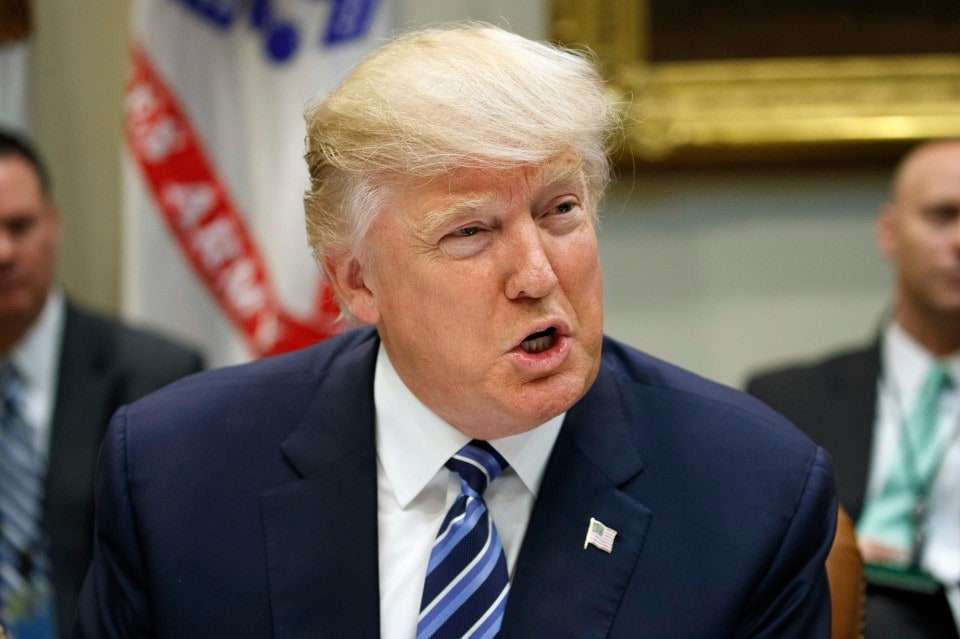The Volokh Conspiracy
Mostly law professors | Sometimes contrarian | Often libertarian | Always independent
The 9th Circuit and the 'evidence gap'

While co-bloggers Ilya Somin and Will Baude have covered a number of the important legal issues in the 9th Circuit's decision in the immigration order case, one additional point should be stressed. As Derek Hawkins and Fred Barbash point out elsewhere in The Post, the court insisted - quite properly - that the government provide some justification for the specific actions it took in the executive order. Why these seven countries? Why not others? What evidence connects nationals of these seven countries to our national security?
The Government has not shown that a stay is necessary to avoid irreparable injury. Although we agree that "the Government's interest in combating terrorism is an urgent objective of the highest order," Holder v. Humanitarian Law Project, 561 U.S. 1, 28 (2010), the Government has done little more than reiterate that fact. Despite the district court's and our own repeated invitations to explain the urgent need for the Executive Order to be placed immediately into effect, the Government submitted no evidence to rebut the States' argument that the district court's order merely returned the nation temporarily to the position it has occupied for many previous years. The Government has pointed to no evidence that any alien from any of the countries named in the Order has perpetrated a terrorist attack in the United States. Rather than present evidence to explain the need for the Executive Order, the Government has taken the position that we must not review its decision at all. We disagree, as explained above.
Although the Government points to the fact that Congress and the Executive identified the seven countries named in the Executive Order as countries of concern in 2015 and 2016, the Government has not offered any evidence or even an explanation of how the national security concerns that justified those designations, which triggered visa requirements, can be extrapolated to justify an urgent need for the Executive Order to be immediately reinstated.
In addition, the Government asserts that, "[u]nlike the President, courts do not have access to classified information about the threat posed by terrorist organizations operating in particular nations, the efforts of those organizations to infiltrate the United States, or gaps in the vetting process." But the Government may provide a court with classified information. Courts regularly receive classified information under seal and maintain its confidentiality. Regulations and rules have long been in place for that.
This is, as I've suggested before, going to be a persistent issue in the ongoing debates over Trump policies. It's not enough - and it should not be enough - for the government to say "Well, Obama had this list of seven countries for which visa restrictions were put in place, so we'll just use that list for our own, far more sweeping, ban." Judicial review of the constitutionality of executive or legislative action always turns on the question: what evidence does the government have that justifies the burdens it has imposed on the constitutional rights of individuals in any specific case? Trump has shown, over and over and over, an unwillingness to recognize that there are "actual facts" out there in the world, and that his policies need to be tied, in some way, to those facts. That may work to fire up his supporters, but courts will demand much more than that - and thank goodness for that.


Show Comments (0)